America offers the largest food variety to its citizens, ensuring the food landscape remains diverse and vibrant. From seafood to beverages, candies to packaged food- the options are endless. While the country stands out for its food range and quality, many popular food items are banned in other countries. The primary reason for the ban is the item’s controversial ingredient lists, which may negatively affect human health.
Let’s explore 12 food items that are banned in other countries but sold in America.
Ritz Crackers
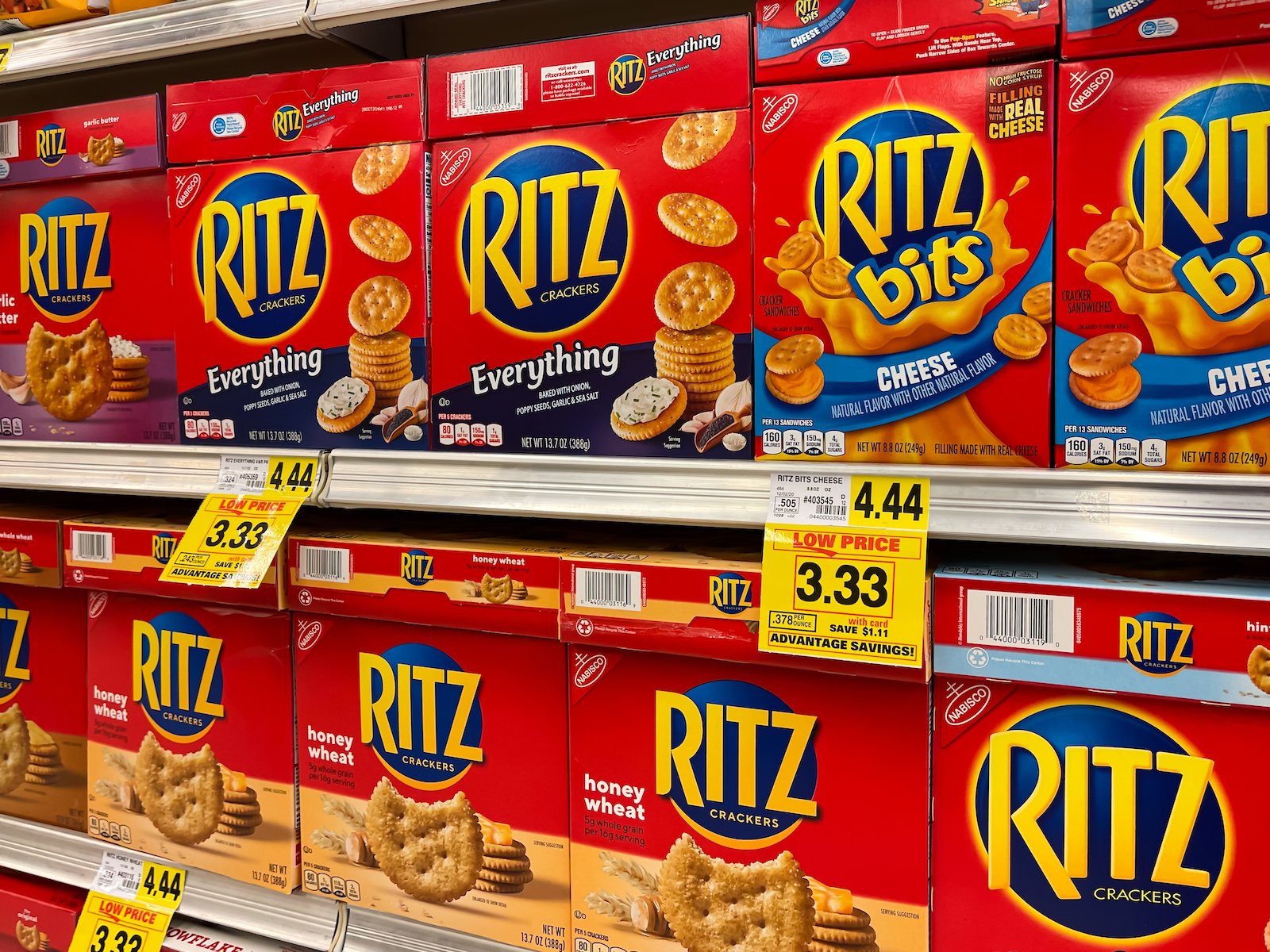
While people in the U.S. love snacking on these crackers, they are banned in countries like Switzerland, Iceland, Denmark, Norway, and Hungary for their trans-fat content. These crackers have a problematic ingredient list, comprising partially hydrogenated oils, sugar, and high fructose syrup, making them the least healthy crackers. Some studies reveal that consuming hydrogenated oils (trans-fat) can damage one’s health and make them prone to certain types of cancer.
Coffee-Mate Coffee Creamer
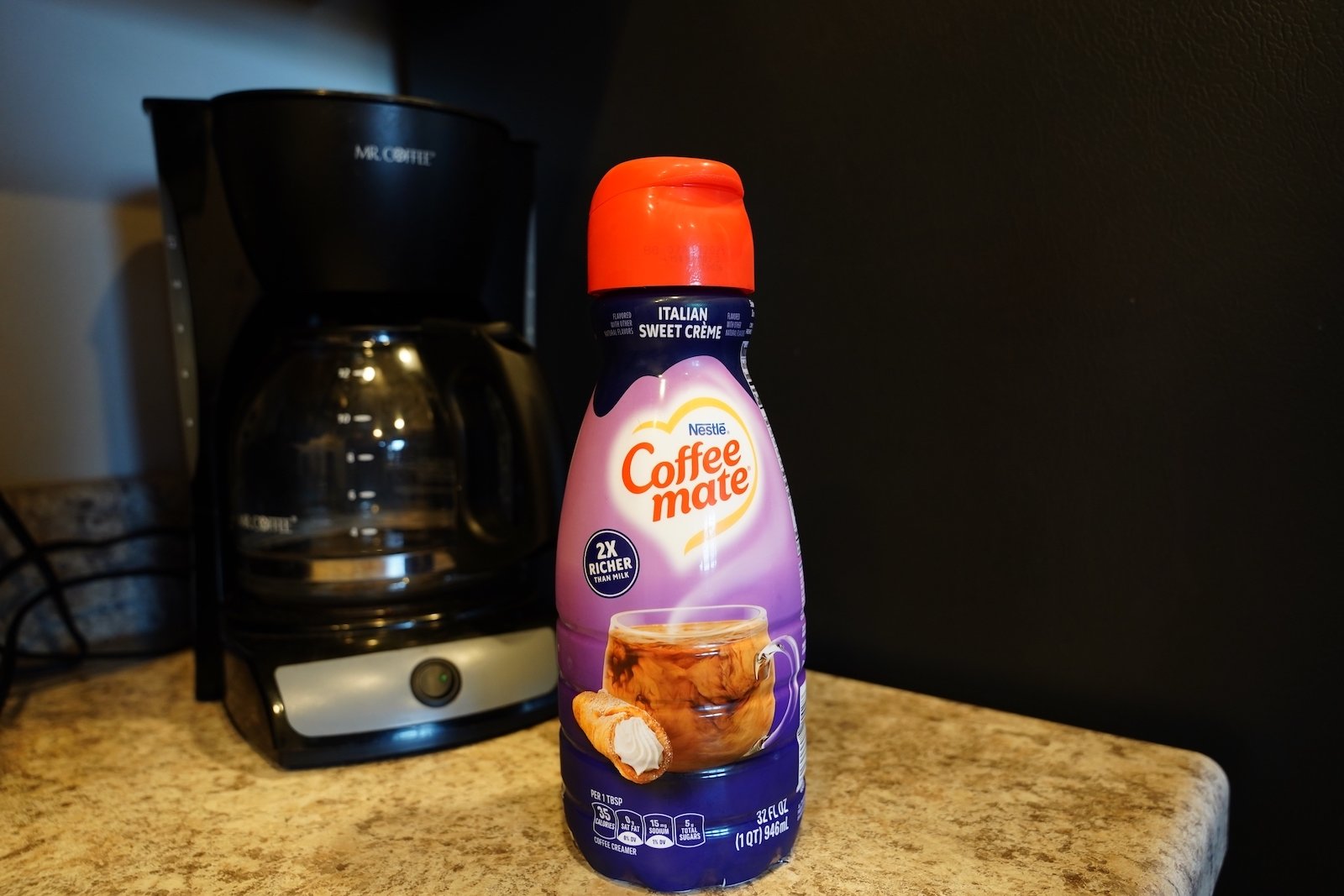
Coffee creamer is used to make coffee richer, creamier, and smoother. While it can enhance the taste of coffee, many European countries, like Austria, Iceland, Norway, Hungary, etc., have banned it because it contains harmful trans fat. These countries have stricter regulations for foods containing trans-fat because it can increase the risk of various health challenges, like heart attacks, type 2 diabetes, stroke, etc.
Skittles
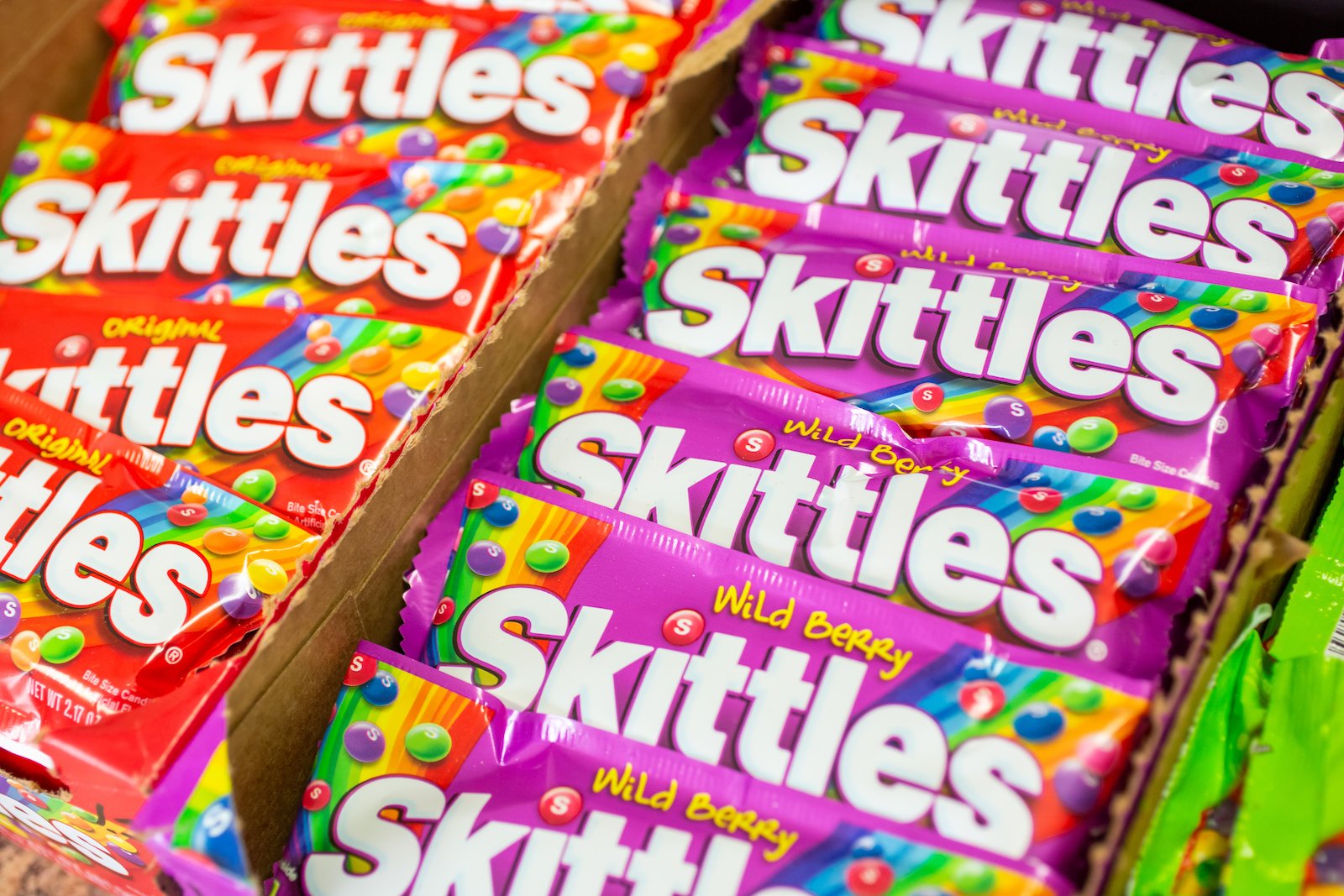
These colorful, fruit-flavored candies have been America’s favorite childhood candy for years, but they came under scrutiny in 2023 because of one of its ingredients – titanium dioxide. Titanium dioxide is a harmful food additive used to add vibrant colors to food items. The European Union has banned the sale of Skittles with titanium dioxide because the additive isn’t good for health and may damage DNA and increase the likelihood of cancer. Since this additive is also banned in numerous Persian Gulf countries, Skittles made with titanium dioxide cannot be sold there.
Mountain Dew
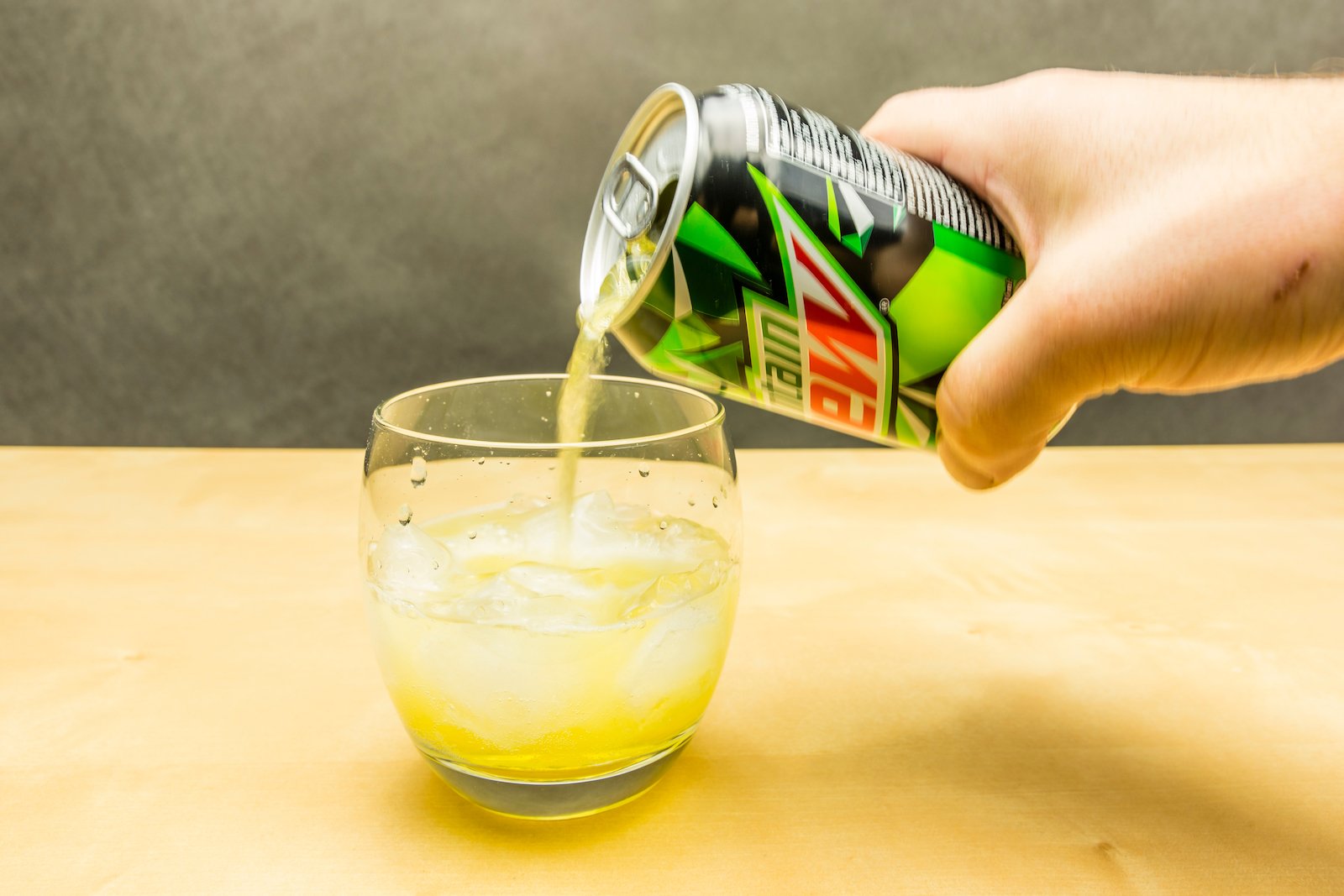
Numerous countries have banned this fizzy lime soda for its harmful ingredient list. Stores in Northern Ireland, Wales, Scotland, and England cannot sell Mountain Dew because it has been banned for its toxic ingredients, especially brominated vegetable oil (BVO). This synthetic chemical can severely damage neurological functions, leading to severe neurological conditions in the long run.
Pillsbury Biscuits
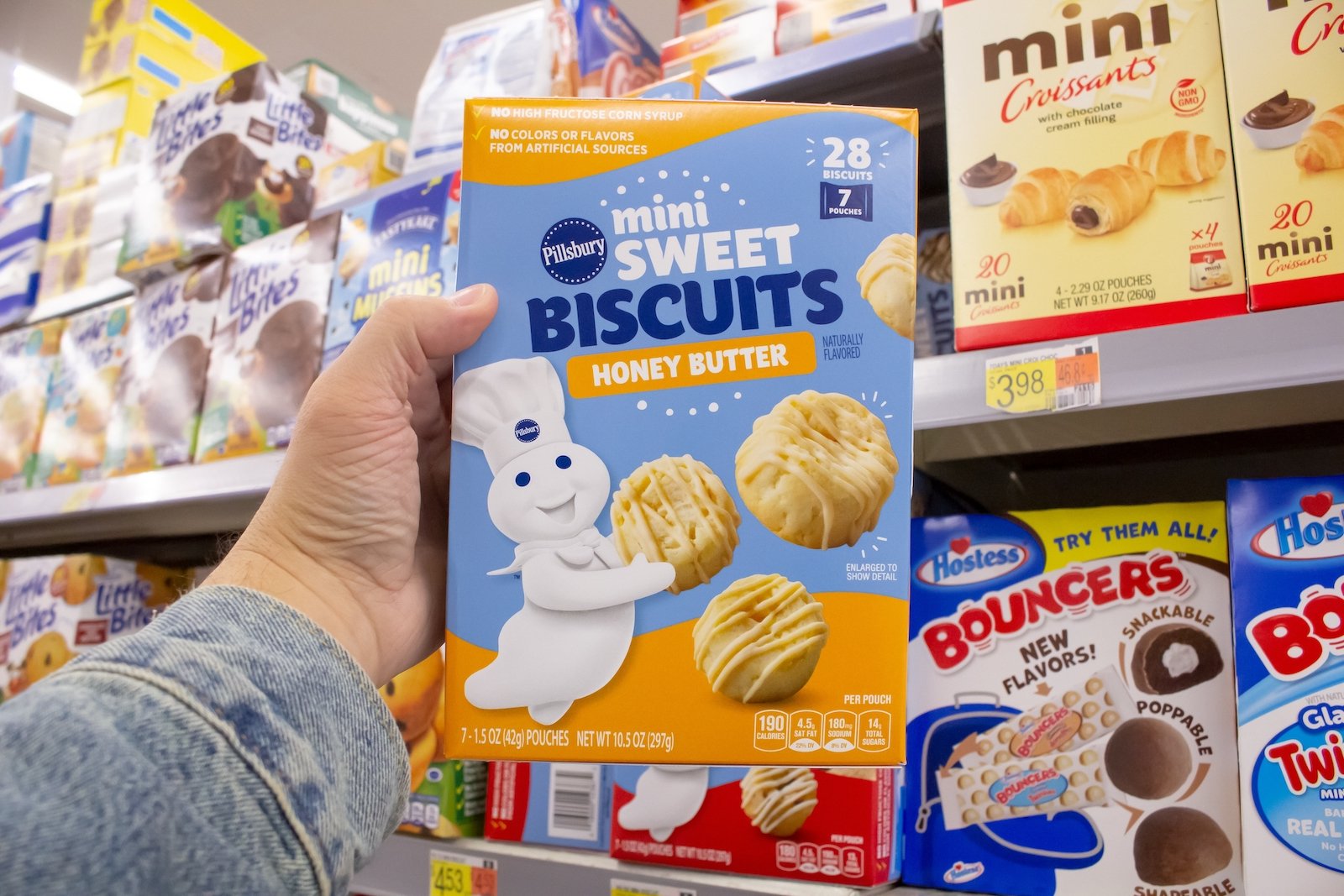
However, few know these biscuits are highly processed and made using harmful food additives, such as artificial trans fat. Trans fat is considered the worst of all fats, and it can make you prone to cardiovascular diseases, obesity, diabetes, and various other health challenges. It is why many countries, like Iceland, Switzerland, Hungary, Norway, Austria, etc., have banned these biscuits.
American Pork

While pork is consumed in several countries, a majority of them have banned American pork because of Ractopamine. Ractopamine is an FDA-approved drug used in pigs and beef cattle in the U.S., as it increases their weight faster and improves feed efficiency. This drug is dangerous for both animals and humans and has been banned by at least 160 countries for its potential link to human heart and respiratory issues.
Maraschino Cherries
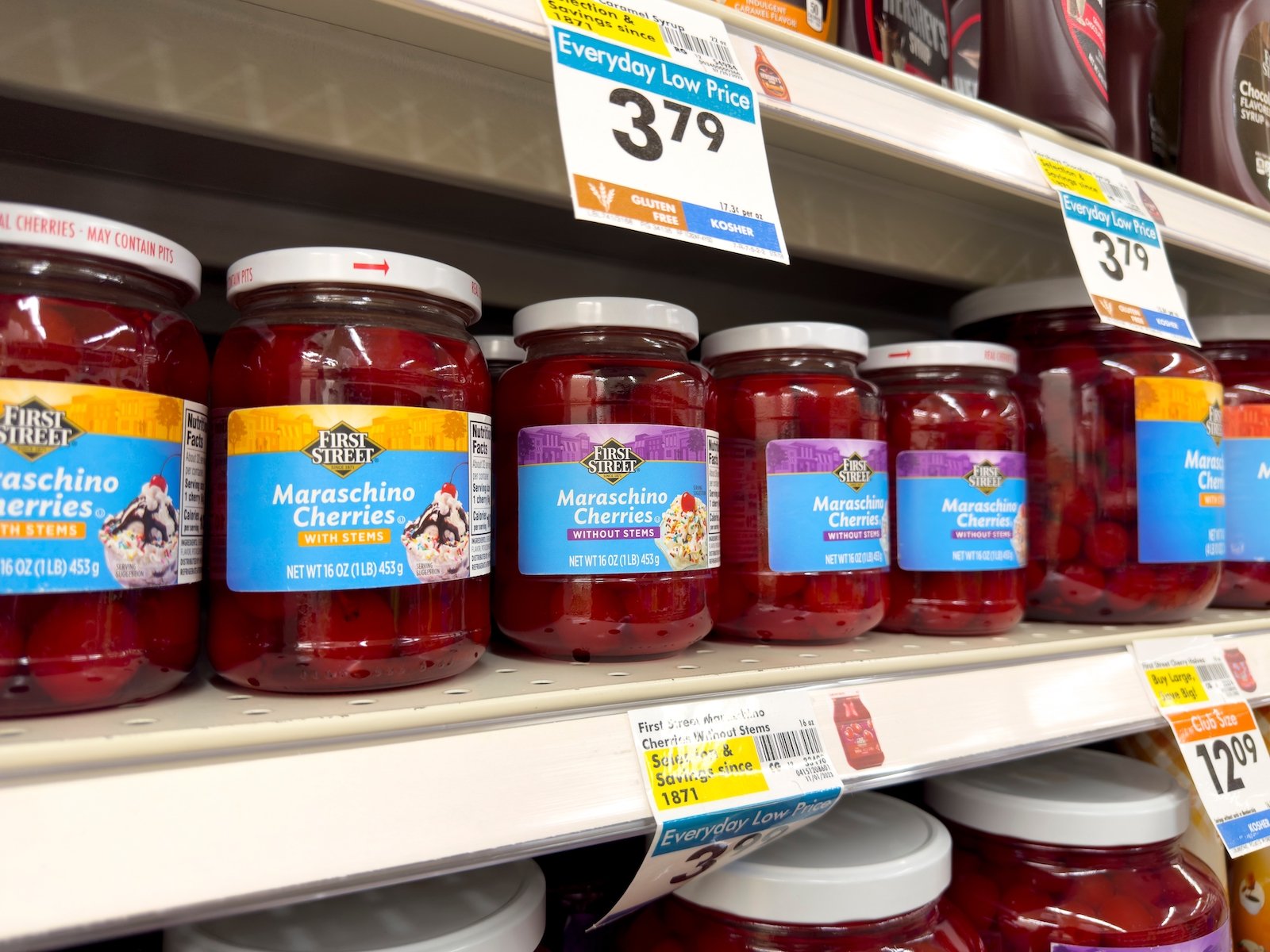
These bright red cherries may look enticing and delicious but aren’t as healthy as their raw cherry counterparts. Maraschino cherries use artificial Red 40 dye to give them a long-lasting, bright red color. This food dye is harmful because it is derived from coal tars or petroleum distillates and contains traces of the carcinogen benzidine, which is associated with a high likelihood of bladder cancer. Many countries, including Japan, China, Australia, New Zealand, etc., have banned this dye because of its potential health hazards.
Froot Loops
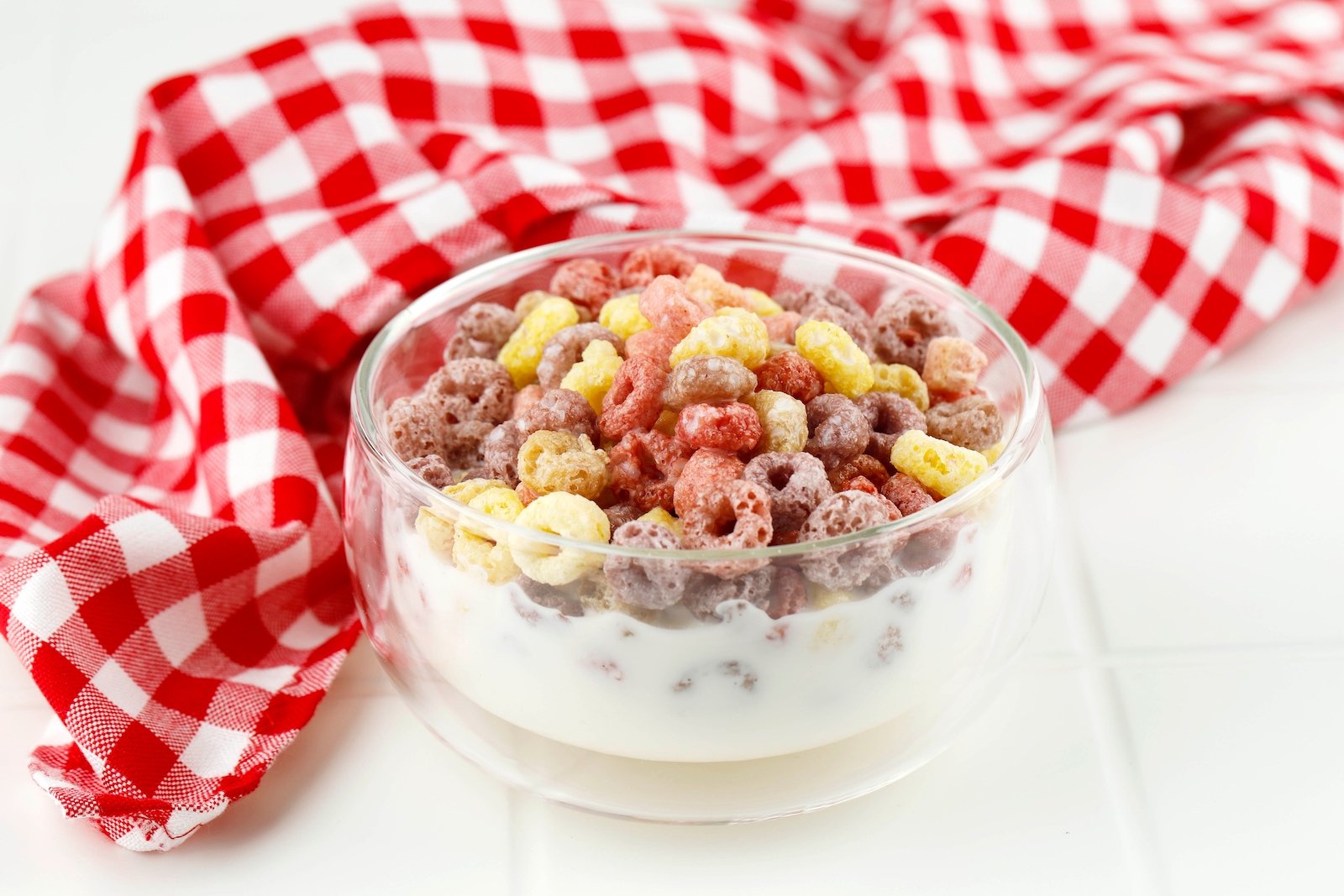
This famous American fruit-flavored cereal is banned in some countries because it uses toxic food dyes, such as Red 40, Blue 1, Yellow 6, etc. These artificial dyes are harmful to children and can make them vulnerable to numerous health challenges, such as hyperactivity, behavioral problems, organ damage, cancer, and severe allergic reactions. The European Union (EU) has banned the usage of these dyes. Japan and Canada also prohibit the use of these dyes.
Farmed Salmon
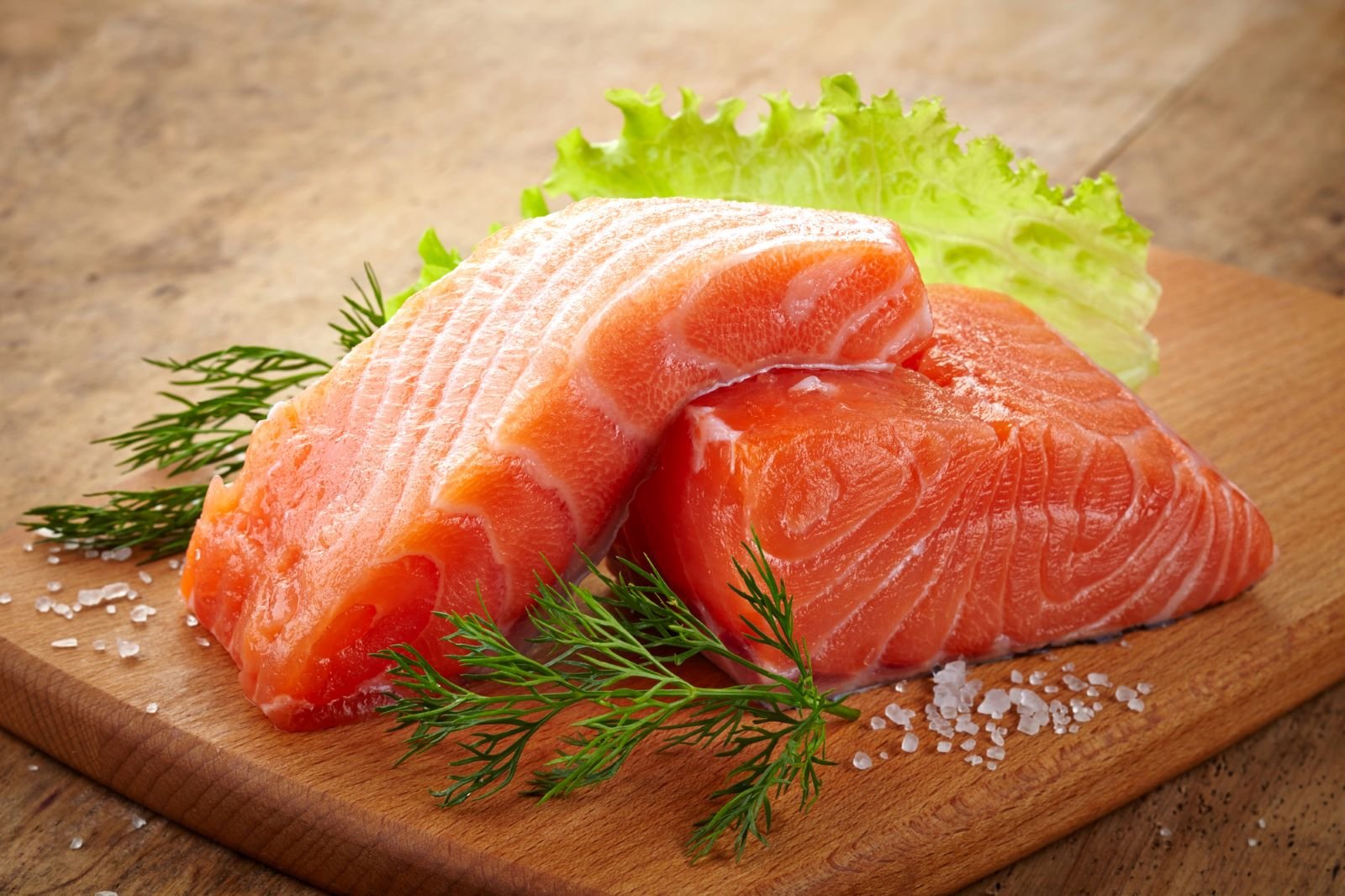
Farmed salmon is the most common type of salmon eaten in America. It is often bred so it grows faster and is crammed in cages rife with diseases and parasites. Scientists have even found seven times higher traces of probable carcinogens in farmed salmon than wild salmon, making them harmful for human consumption. The associated health risks have compelled countries like Denmark, Argentina, Australia, and even some Pacific American states to ban salmon farms and consumption.
Instant Mashed Potatoes
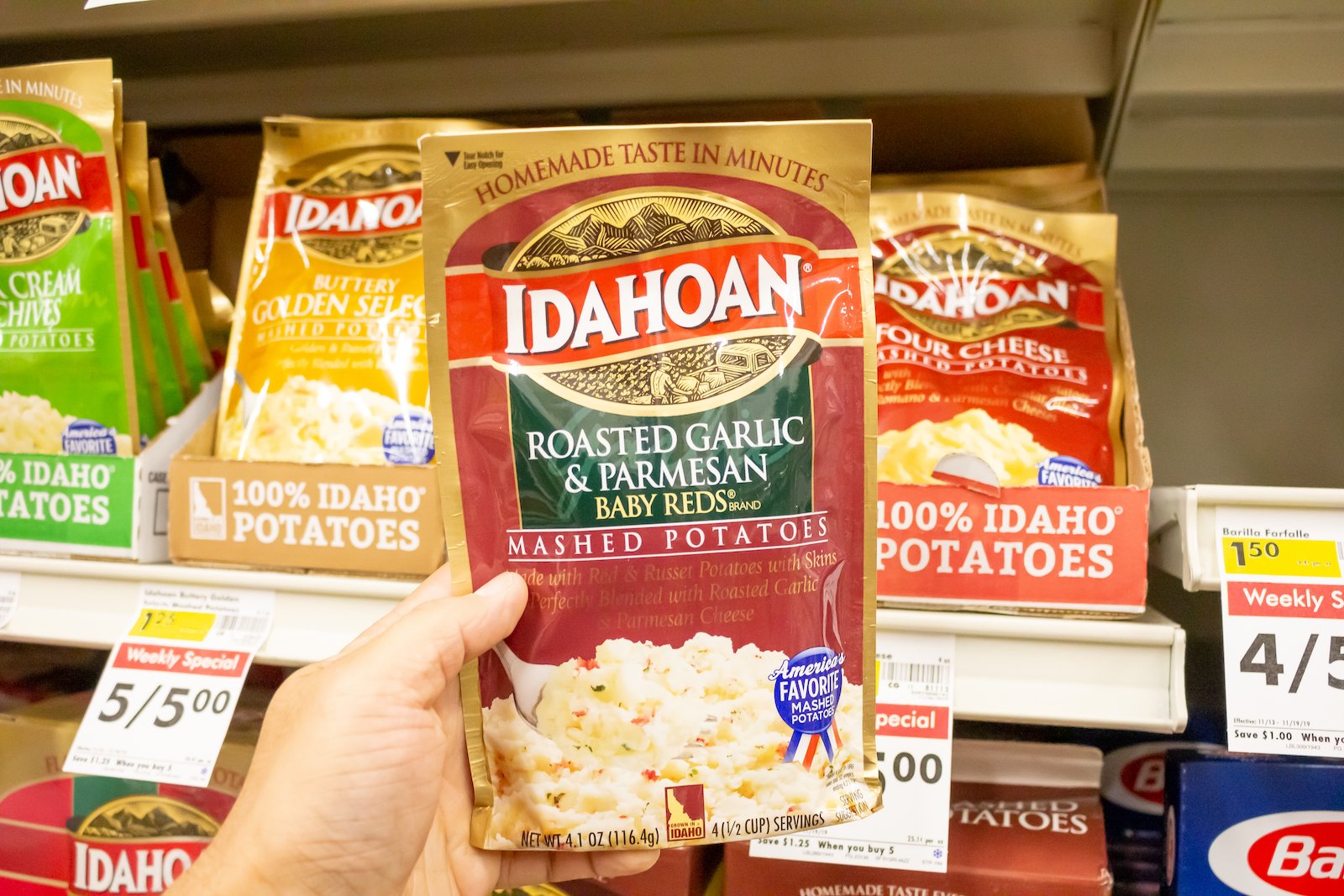
While instant mashed potatoes are a convenient and comforting food item for most Americans, they are banned in countries like New Zealand, Japan, Europe, Canada, and Australia because of their potentially harmful preservative – BHA. Numerous studies reveal a link between BHA and cancer, making it toxic for human consumption.
Drumstick Ice Cream
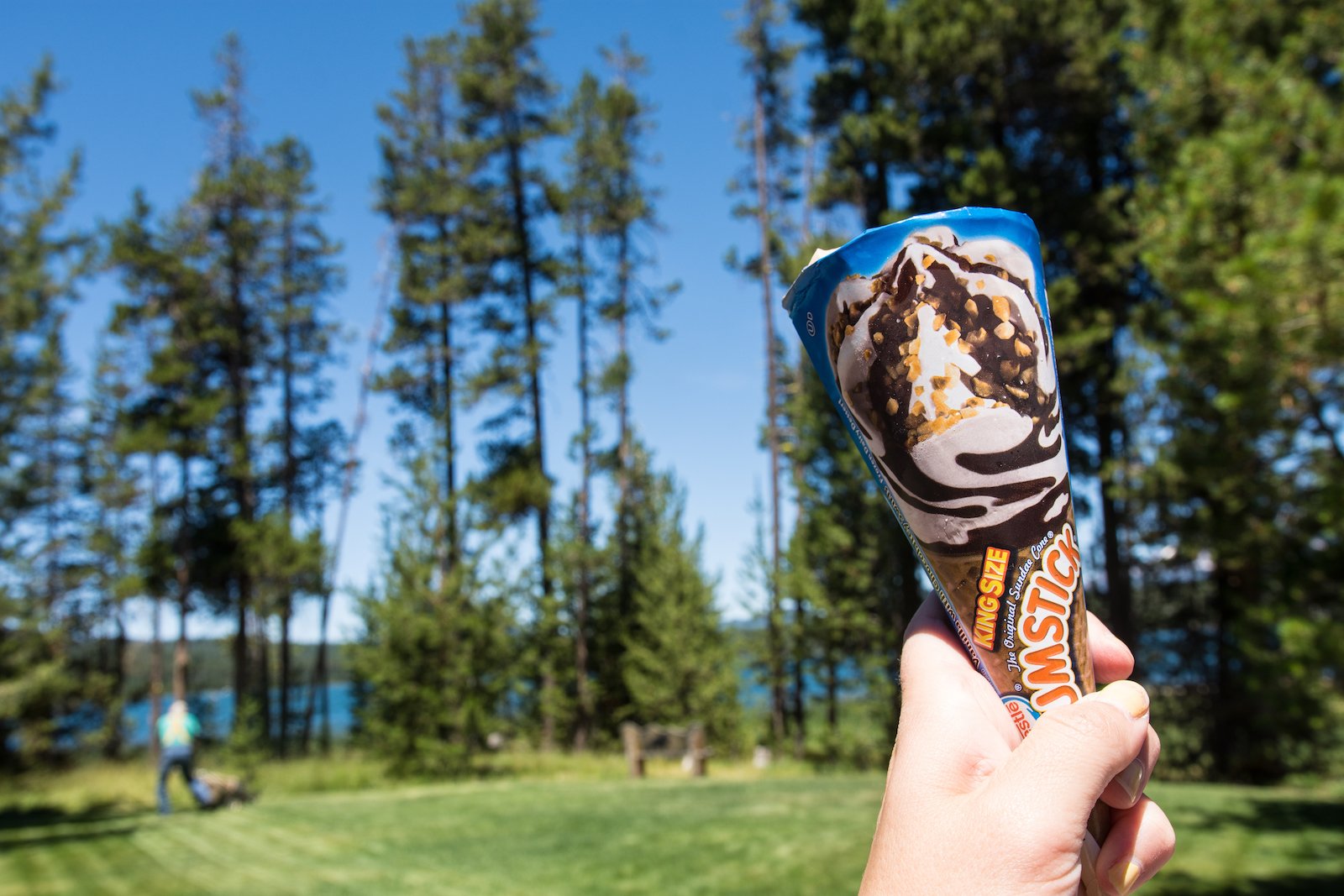
Many Americans love this frozen dessert for its delicious taste, creamy texture, and crunchy cones. However, it isn’t available in many European countries because it uses harmful additives like carrageenan. While the FDA considers it safe for consumption, not every country shares similar opinions. Research shows that this additive can cause an inflammatory response in people with colitis or IBD, worsening health conditions.
U.S. Chicken

U.S. chicken is widely eaten throughout the country, but Americans won’t find it in other countries, especially when visiting countries in the European Union. They banned importing U.S. chicken in 1997 because they were immersed in chlorine dioxide solution. While the U.S. believes it helps remove pathogens from chicken, experts believe ingesting excessive chlorine sprayed on chicken can be damaging to health.
Little Debbie Swiss Rolls
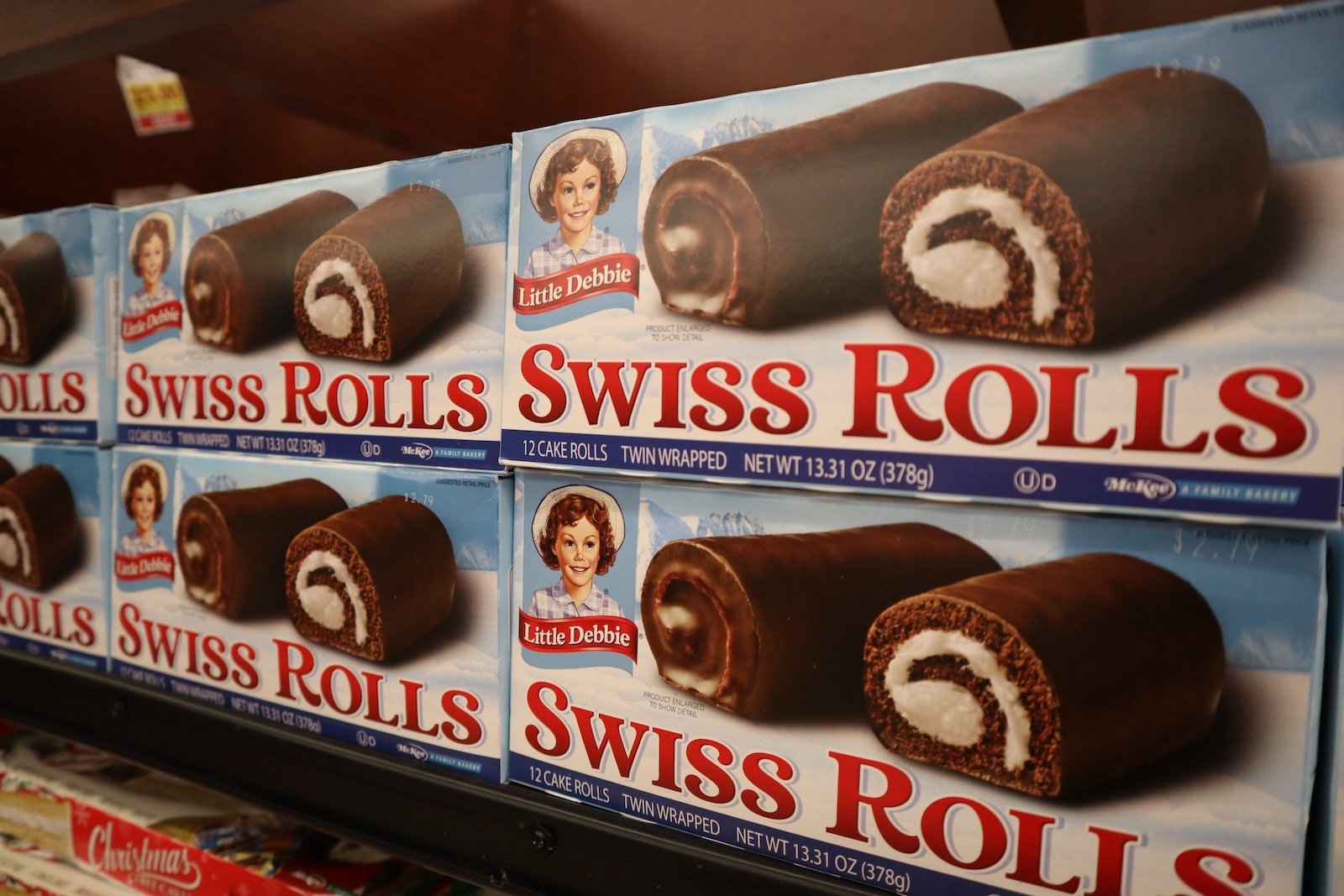
While these rolls may appear brown, they contain harmful food dyes, such as Red 40, Yellow 5, and Blue 1. These food additives are highly controversial and not freely used in every country. The European Union (EU) hasn’t entirely banned these dyes, but products using them require a warning label citing their potential effects on health. These dyes have been linked to ADHD in kids and numerous other health hazards.


